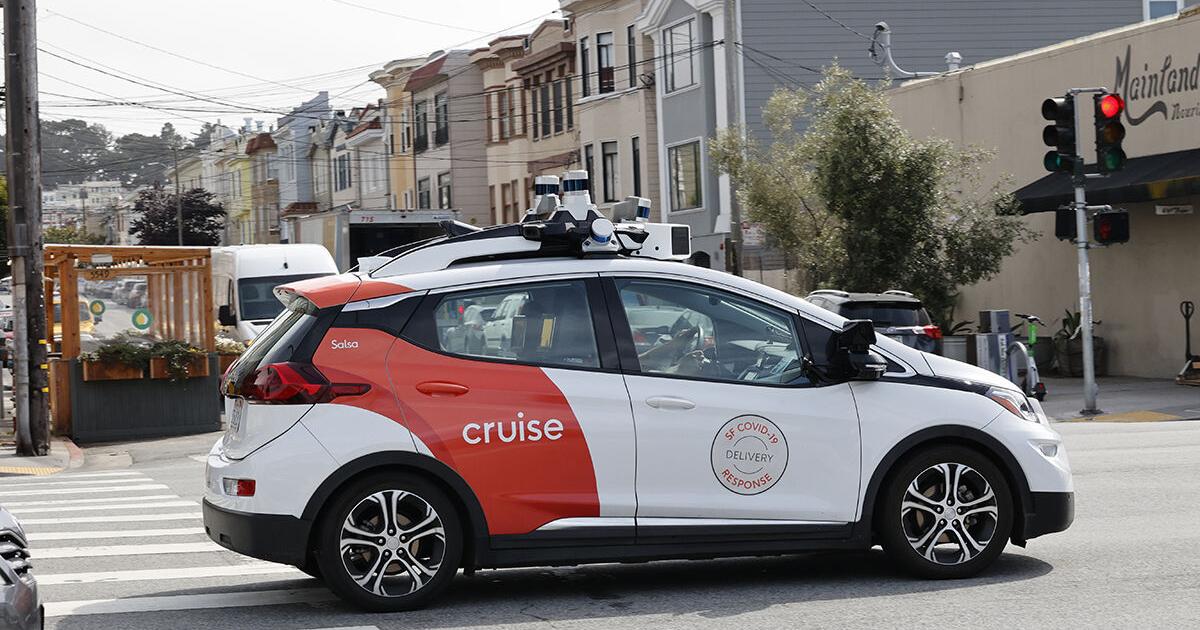OxBrew
Active Member
If SF under-reacts, and allows Cruise to do whatever they want, and it becomes an epic cluster, that could set back AV considerably, because then the reactions could be draconian.
But step back a couple levels for a minute. Private companies are using public streets that we all depend on every day to develop AV so they can profit. They have not shown they can prevent stalls and chaos. Why should we let them continue to experiment at our expense?
Yes, it would be a net benefit to the public to have AV that made driving safer. Tying that to driverless cars is just a choice by a private company, and has little added benefit to public safety.
Saying you can use it to solve congestion is a dead end for us now. It will take at least a decade, maybe more, AFTER actually solving it, to scale and change behaviors to actually then solve congestion. (just do the math: count the cars that use the roads every day. It's a staggering number. No way will they get replaced by robotaxis in less than 10 years, the manufacturing capacity just is not there).
The simple solution is to require safety drivers until they actually solve it. What's the downside to the public? The private companies need to make their systems actually work before they can remove safety drivers and be more profitable? AV profitability is not the public's problem. Chaos in the streets is the public's problem.
In all the high visibility stalls that caused massive back ups, it was always 100% Cruise's fault. The test is easy: if there were no Cruise AVs present, would the event have happened? Almost always, no, not the same way. Normal traffic blockages clear up quickly because drivers go as soon as it's possible. A stalled Cruise backing up traffic requiring intervention to clear is always Cruise's fault, regardless of what led to it.
But step back a couple levels for a minute. Private companies are using public streets that we all depend on every day to develop AV so they can profit. They have not shown they can prevent stalls and chaos. Why should we let them continue to experiment at our expense?
Yes, it would be a net benefit to the public to have AV that made driving safer. Tying that to driverless cars is just a choice by a private company, and has little added benefit to public safety.
Saying you can use it to solve congestion is a dead end for us now. It will take at least a decade, maybe more, AFTER actually solving it, to scale and change behaviors to actually then solve congestion. (just do the math: count the cars that use the roads every day. It's a staggering number. No way will they get replaced by robotaxis in less than 10 years, the manufacturing capacity just is not there).
The simple solution is to require safety drivers until they actually solve it. What's the downside to the public? The private companies need to make their systems actually work before they can remove safety drivers and be more profitable? AV profitability is not the public's problem. Chaos in the streets is the public's problem.
In all the high visibility stalls that caused massive back ups, it was always 100% Cruise's fault. The test is easy: if there were no Cruise AVs present, would the event have happened? Almost always, no, not the same way. Normal traffic blockages clear up quickly because drivers go as soon as it's possible. A stalled Cruise backing up traffic requiring intervention to clear is always Cruise's fault, regardless of what led to it.



